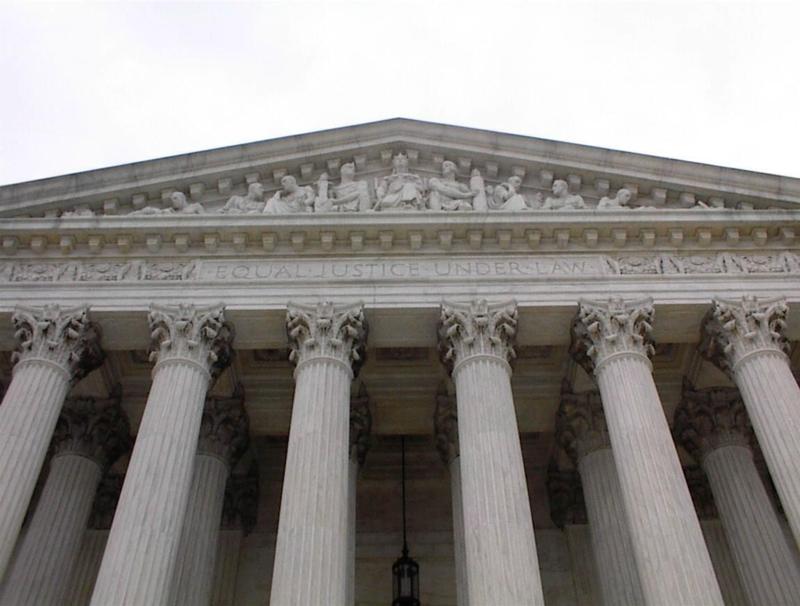 Ninestar’s request for review of court ruling prohibiting it from importing products claimed to violate Epson patents rejected.
Ninestar’s request for review of court ruling prohibiting it from importing products claimed to violate Epson patents rejected.
Reuters reports that the US Supreme Court has refused to hear a case about whether patented goods bought abroad and resold in the US are subject to the “first-sale doctrine” allowing the owner of a lawfully purchased item to sell it on.
Chinese cartridge manufacturer Ninestar is at the centre of the case following accusations by Epson that the company had been selling products via subsidiaries in the US that infringed the OEM’s patents, which resulted in the US International Trade Commission (ITC) issuing an order that prohibited Ninestar from importing the cartridges.
However, as Ninestar continued to import the products, the ITC imposed a fine against the company. Ninestar maintained that it had not been acting unlawfully, claiming that “the correct law is that the manufacture and sale of a product in any country, not just in the US, extinguishes a party’s patent rights”. The appeals court ruled against this claim in February 2012 and Ninestar filed a petition to the Supreme Court requesting a review of the court’s decision, which was not granted.
The ruling highlights the fine line between patent and copyright laws, with a recent court case involving a student purchasing textbooks abroad and reselling them in the US ruling that the student was acting lawfully. However, Daryl Joseffer, a partner at law firm King & Spalding said that this decision “focused on interpreting the copyright statute, whereas the same statutory scheme does not exist in patent law”.
Harold Barza, a lawyer from Quinn Emanuel Urquhart & Sullivan who represented Epson in the case said that the OEM was pleased with the court’s decision to reject Ninestar’s appeal, commenting: “We believe the factors governing international patent exhaustion are different from those that govern copyright law.”
